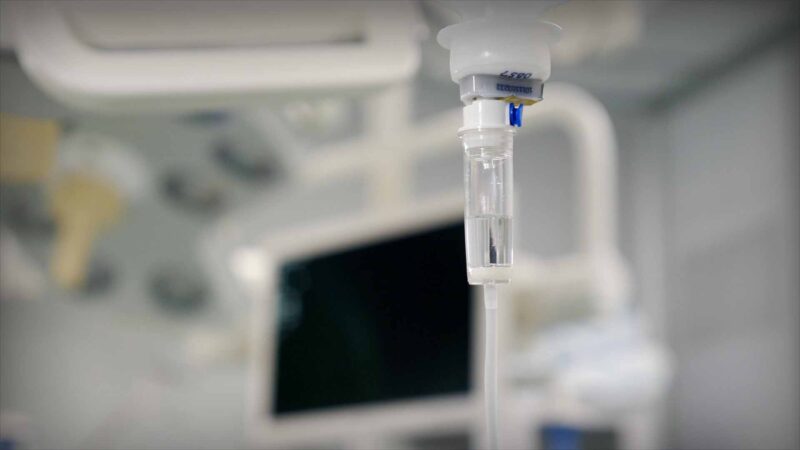Professor Creswell Eastman AO is a world-renowned endocrinologist with a primary interest in Iodine Deficiency Disorders. He is the Clinical Professor of Medicine at the University of Sydney School of Medicine and Consultant Emeritus to Westmead Hospital.
Professor Eastman recently spoke to Australian Health Journal about iodine deficiency in pregnancy preparation and the mother’s health during pregnancy. May is the time of the year for the Australian Thyroid Foundation’s (ATF) Thyroid Awareness Month and Professor Eastman spoke about why iodine deficiency has become an even greater risk in Australians in recent years. He stresses the importance of public health literacy and health care professionals (HCPs) having a better understanding of the disorders associated with iodine deficiency.
Recent research from The Lancet – March 2022 emphasises the consequences and risks of an inadequate amount of thyroid hormone at conception, during pregnancy and whilst breastfeeding.
‘Without an adequate amount of thyroid hormone mothers can be exposed to hypertensive disorders of pregnancy, including gestational hypertension and preeclampsia or eclampsia, which affect around 10% of pregnant women and are the leading causes of maternal and neonatal mortality worldwide. Mothers who suffer from hypertensive disorders during pregnancy are at increased risk of long-term cardiovascular consequences and hypertensive disorders in subsequent pregnancies. Evidence also indicates a risk of reduced cognitive ability to their offspring.
‘Knowing if you are genetically predisposed to Hashimoto’s or Graves’ Diseases, which are both thyroid autoimmune disorders is important to be aware of, to ensure all appropriate tests are ordered. Autoimmune disorders may predispose mothers to a thyroid problem during pregnancy’, says Professor Creswell Eastman, who also serves as the ATF’s Principal Medical Advisor.
‘Unnecessary risks to a pregnancy and the mother’s health during pregnancy and ongoing is something that can be avoided and prevented. Raising awareness and ensuring thyroid tests are ordered by GP’s, when couples are planning a family and when the pregnancy is confirmed are both essential.
You Might also like
-
Allied Health Building Leadership Experience in Tasmania
A notable program run by Hospitals South is the ABLE program, or Allied Health Building Leadership Experience. This program was created to address the challenge of allied health professionals being seen as a single entity, rather than as individual disciplines, when it comes to leadership and management opportunities. The program is delivered entirely internally, with seminars presented by senior staff and mentorship opportunities for participants to become more effective representatives of allied health in meetings and working groups.
-
Entering The New Health Frontier
A new parliamentary report ‘The New Frontier: Delivering better health for all Australians’ is recommending significant reforms to the health care system to ensure Australians have better and faster access to the wave of new medicines and technologies.
The bipartisan report makes 31 recommendations to reform Australia’s system for the regulation and reimbursement with the hope that patients will receive faster access to the latest medicines and technologies.
-
Alfred Hospital leading in pharmacy services for critically unwell patients
Cristina Roman, is the Lead Pharmacist at Alfred Emergency Trauma Centre. In her 12 years working in the Emergency Department, Cristina has established pharmacy services, and filled gaps in patient care with new models of care.
One of those models of care adopted by the US and other countries, is involving pharmacists for critically unwell patients that present to the emergency department.
Australian Health Journal spoke with Cristina Roman and Lisa Bremner, Advanced Training Resident Pharmacist at Alfred Hospital Emergency Trauma Centre.



